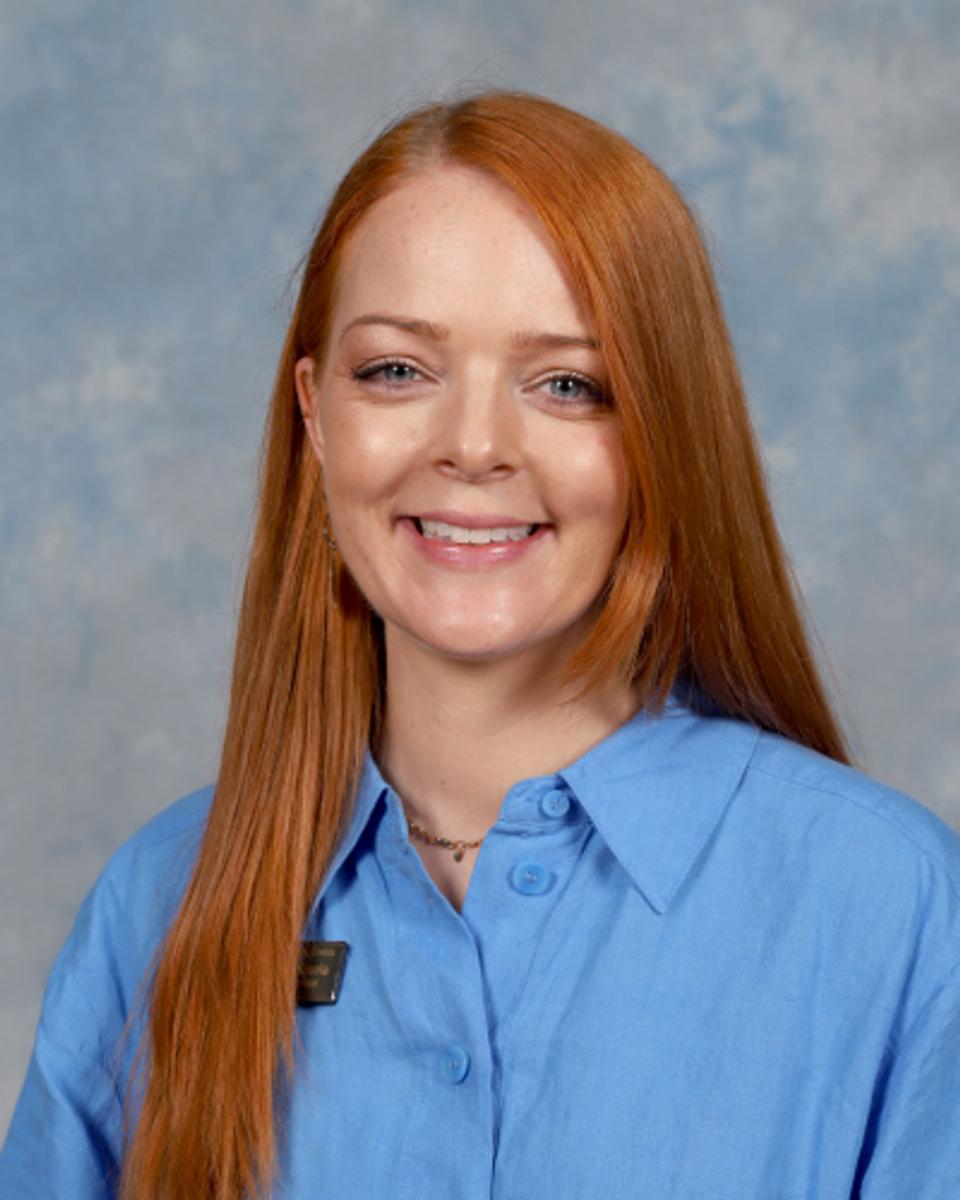Teaching and Learning
Ms Ashley Kuusela - Assistant Principal
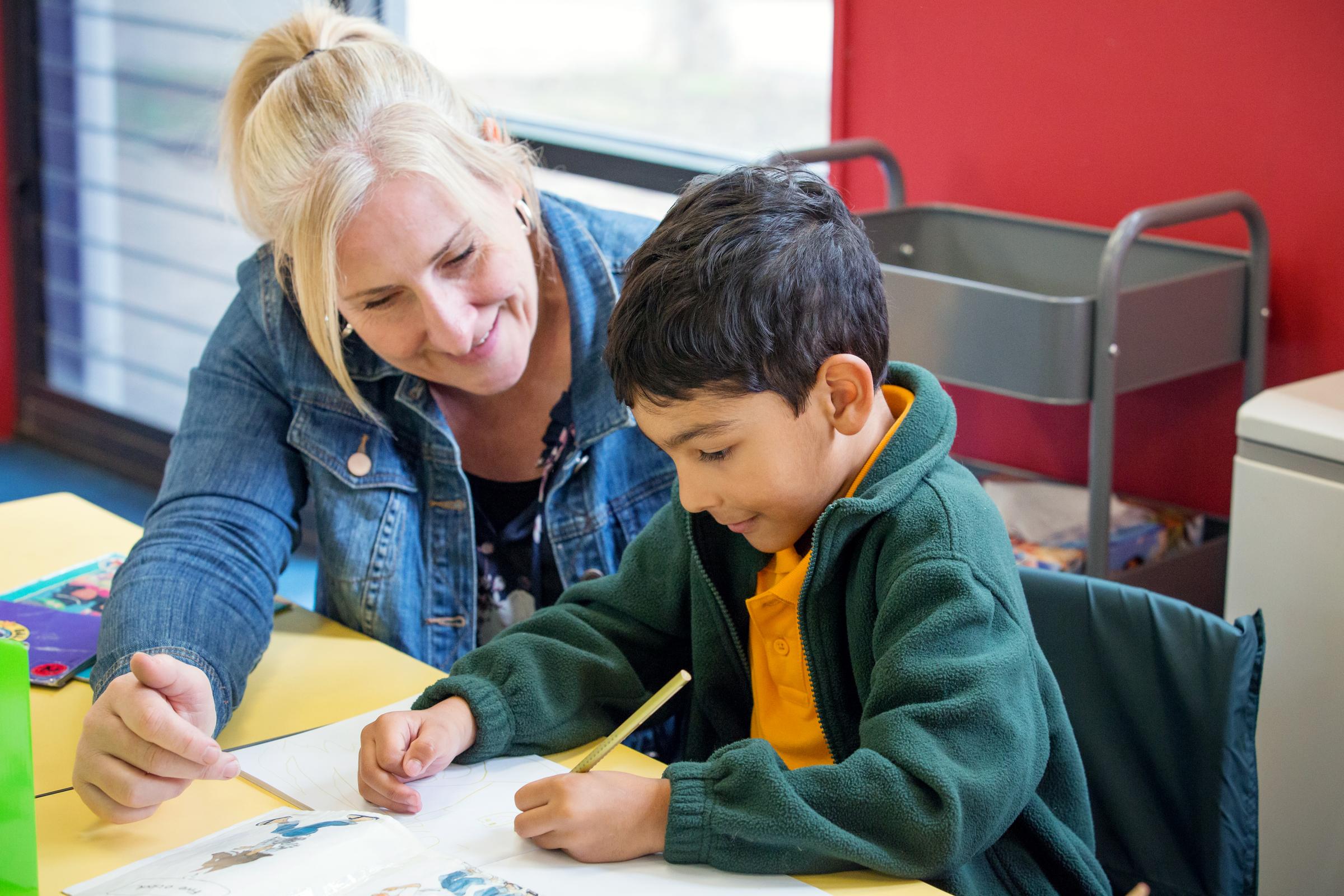
Teaching and Learning
Ms Ashley Kuusela - Assistant Principal
Welcome to the last newsletter for Term 2. As always, I find myself a little flabbergasted by the speed at which the term has flown by. I also feel incredibly proud of what our school has achieved. This was truly evident when I spoke to a number of students in Years 3 and 4 about what they have been learning about in class.
In the last newsletter edition, I spoke about our school’s approach to teaching reading comprehension. Specifically, we are working really hard to develop our student’s knowledge. We are doing this by designing learning plans that build upon one another and enable students to make connections, use their prior knowledge and ask further questions to help them understand concepts that are new to them. This term, in our middle sub-school, both the Year 3 and 4 students have been learning about Australian History.
In Year 3, the History unit has been, ‘The Indigenous peoples and European Settlement,’ and students have been learning to describe the experiences and perspectives of Indigenous peoples over time and the significance and impact of European settlement. They can be covering key concepts such as:
In Year 4, the History unit has been, ‘Community, Remembrance and Celebrations’ and students have been learning to understand the significance of events that have brought about change in our community. They can be covering key concepts such as:
There are key links from one unit to the next which evidence says supports students to build upon their knowledge and understanding. All integrated unit themes help to guide the work students do in other curriculum areas, including Reading and Writing.
Our students have loved learning about Australian history and have become incredibly passionate about the themes they have been learning about. They are also very proud of some of the work they have produced!
Ava B and Alicia G in 3M proudly talked about their information report writing. Ava wrote about Indigenous art. Her favourite fact was including information about what the indigenous peoples used to create their art including, blood, saliva, crushed stone and water. Alicia chose to write her information report on Indigenous languages. Her favourite fact was learning that there is 250 indigenous languages. Both students said that they learnt a lot of stuff that they didn’t expect and described themselves as ‘interested’ and curious’. They loved the opportunities that they had to research their topics on the laptop and described their learning as 10/10 fun!
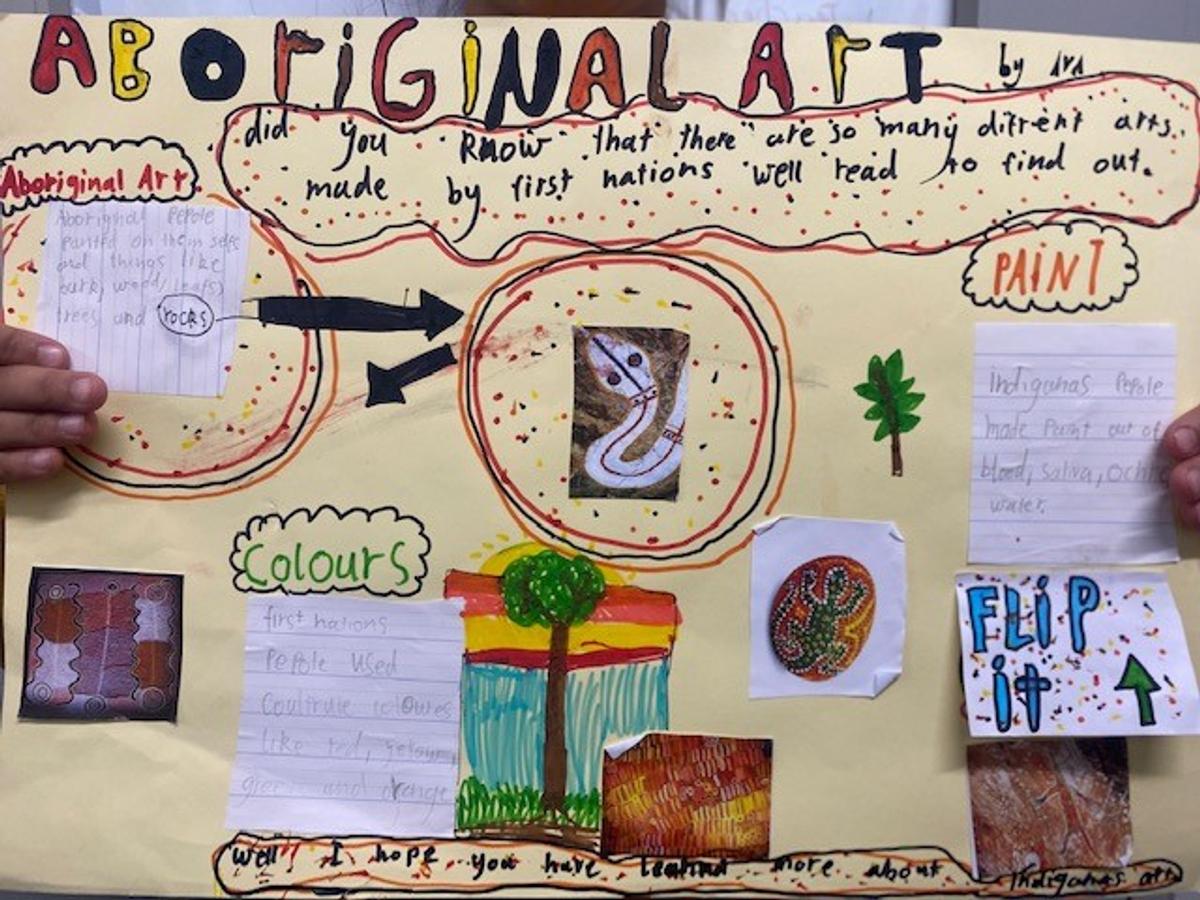

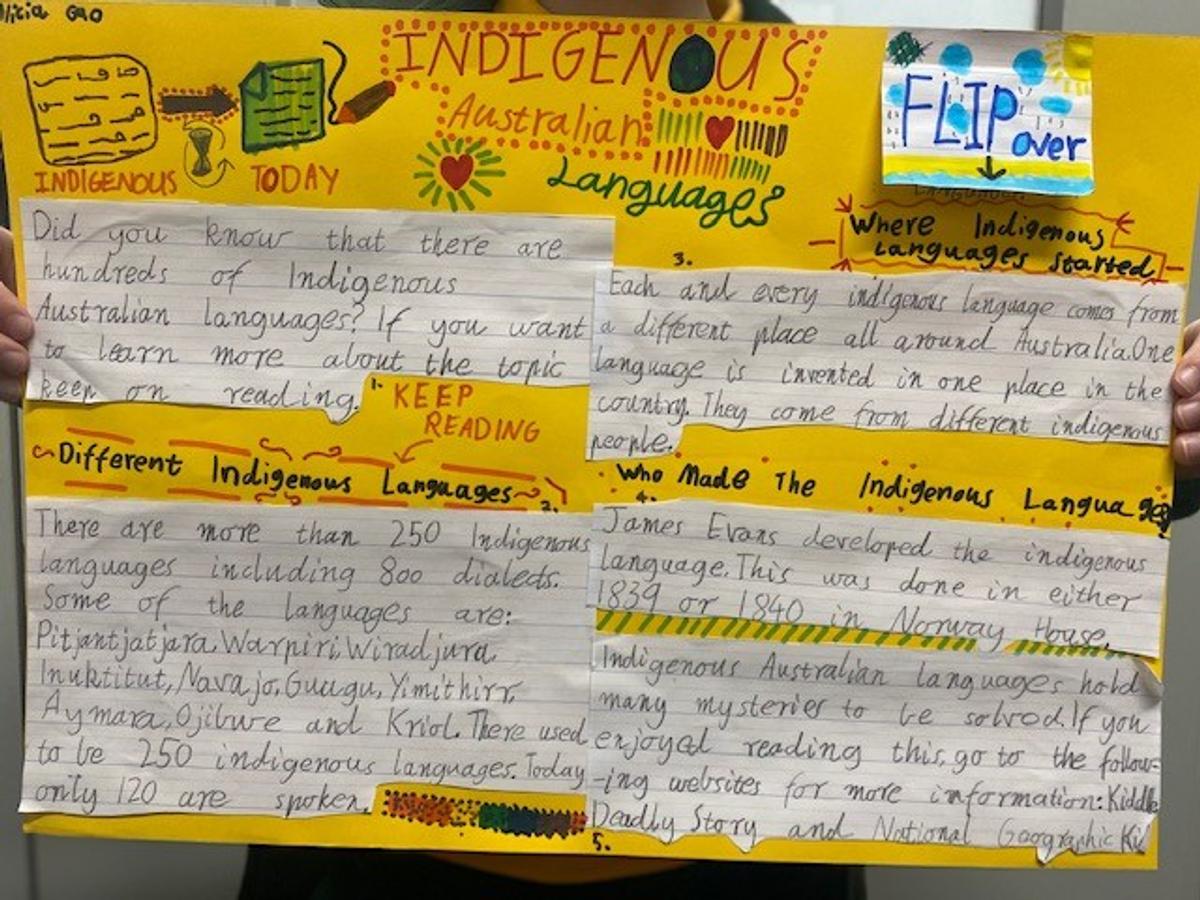

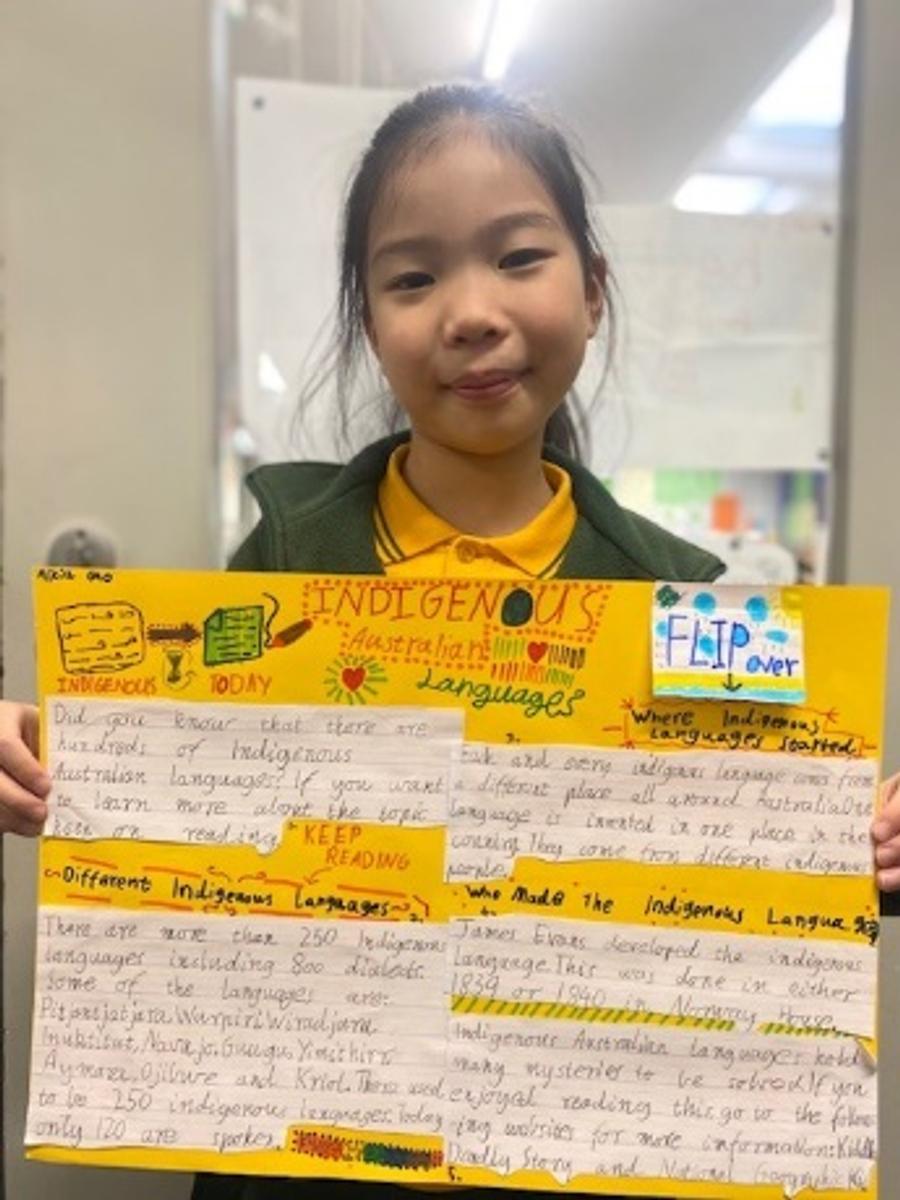

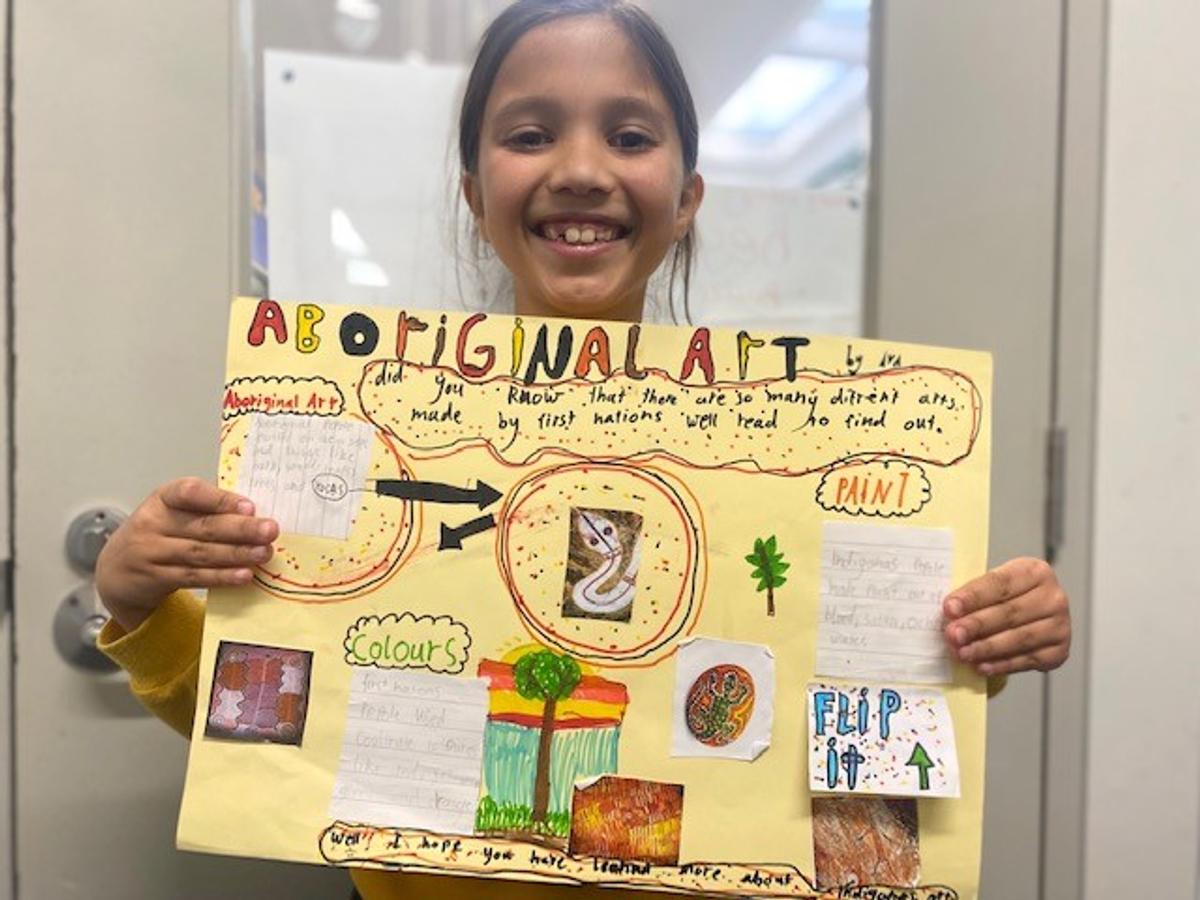

Lucas P and Olympia S in 4M were passionate when describing their learning about particular themes they have learnt, including NAIDOC week (National Aborigines and Inlanders Day Observance Committee) and The Stolen Generation. They talked about different activities they have done in the class, including class chains about NAIDOC week, learning about Sorry Day and the apology that occurred in 2008. Both students were eager to share their Tic-Tac-Toe note-taking performa and talk about how it has helped them to record their learning and categorise their thinking. When talking about their learning, Lucas commented, ‘It is important to know so you can have conversations with your friends and be informed.’ For Olympia, she believes, ‘it is important to know so we can pay our respects. It is also really fun learning about the past.’
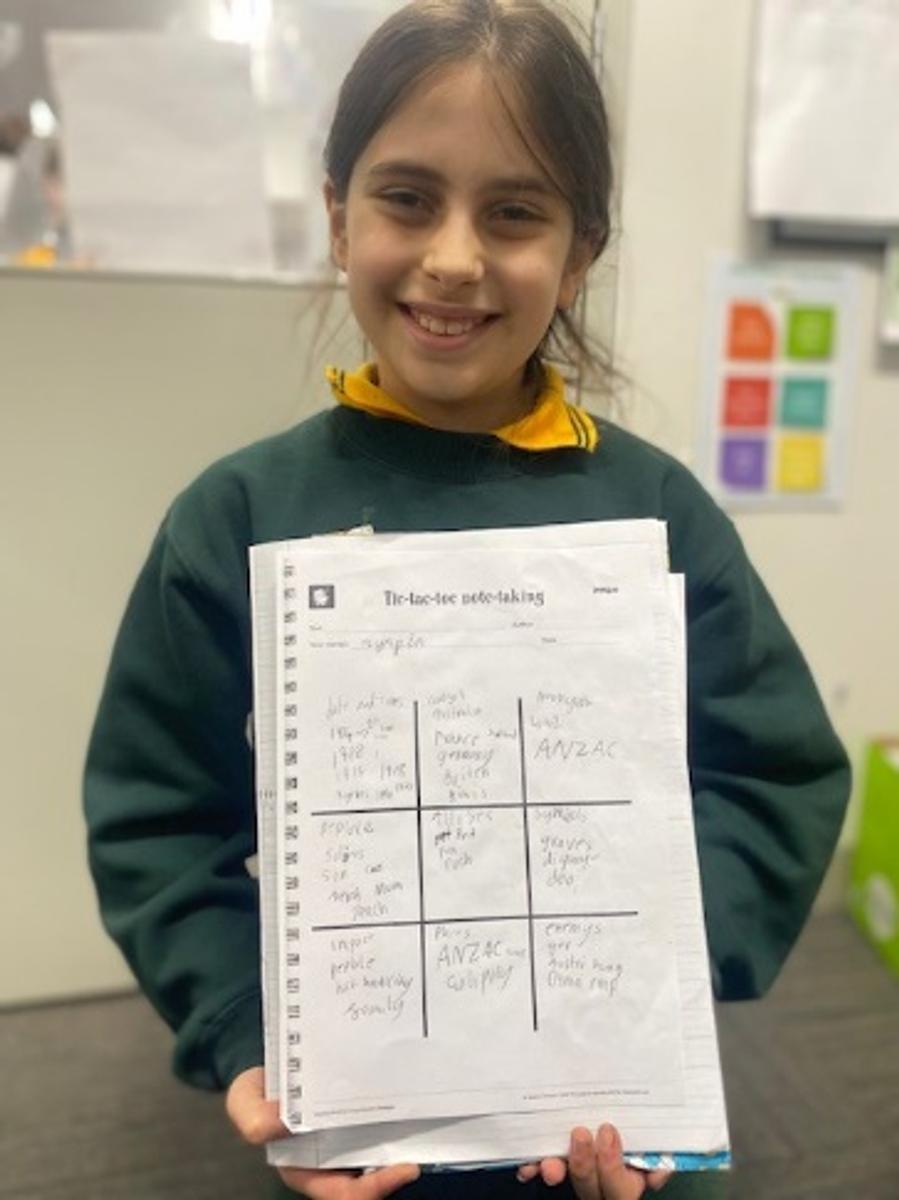

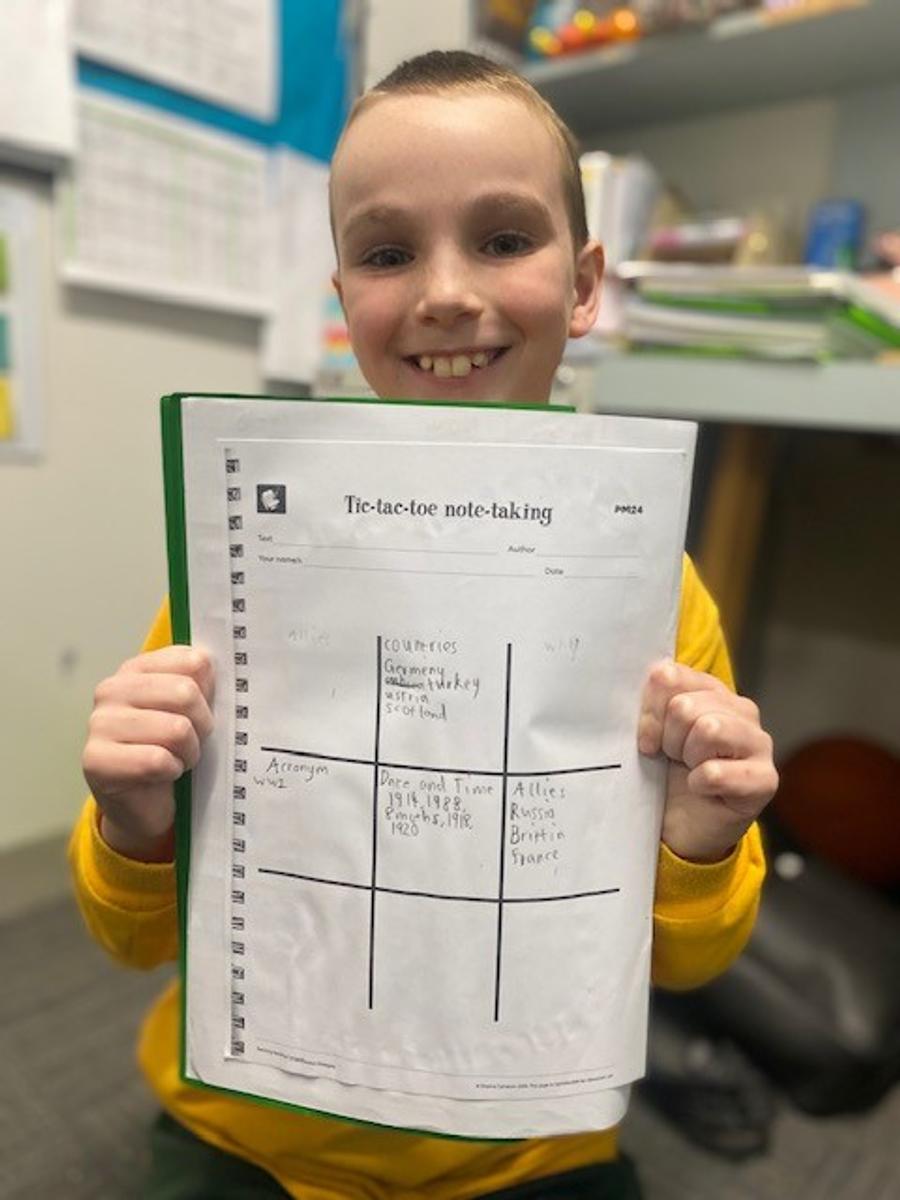

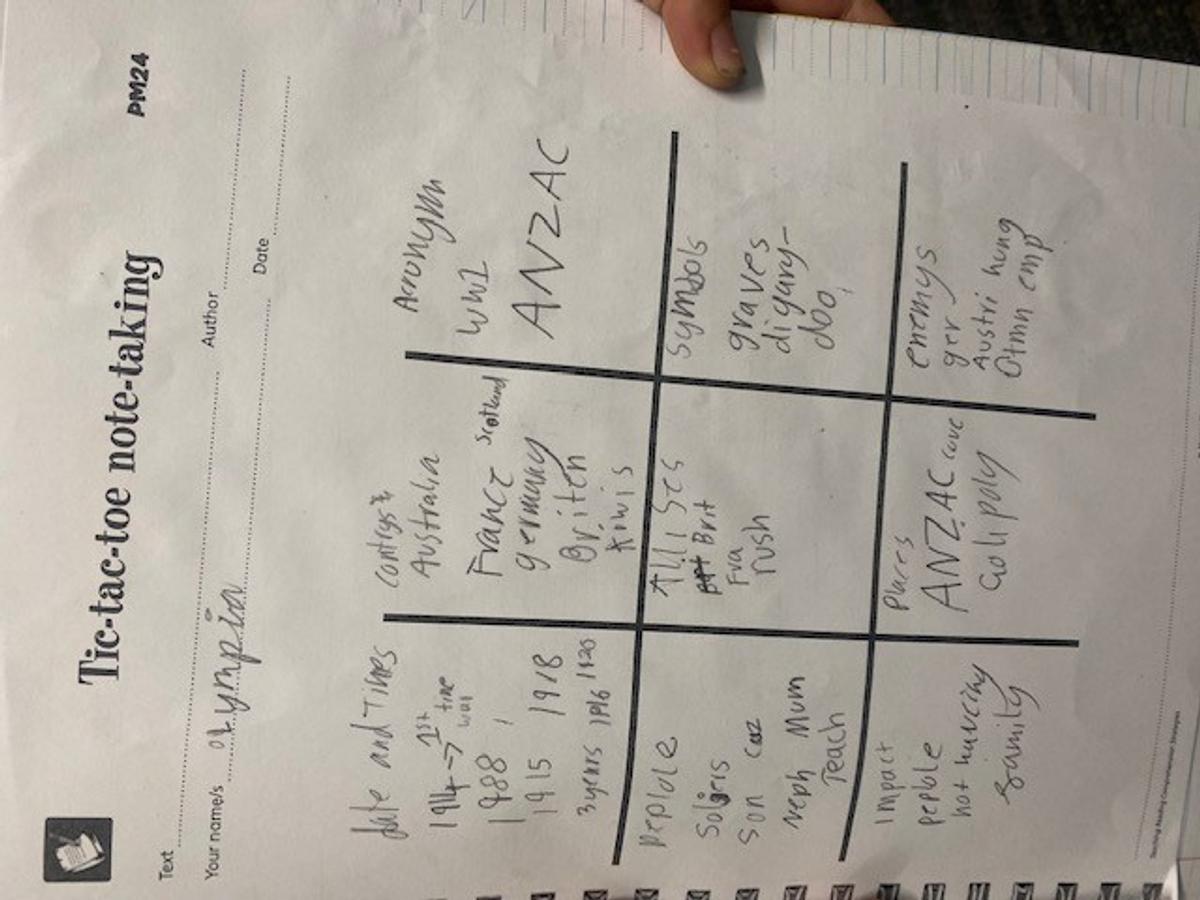

Consequently, we have some very passionate learners, and very proud teachers in Years 3 and 4.
Well done everyone!
See you about the school,
Ms Ashley Kuusela - Assistant Principal
